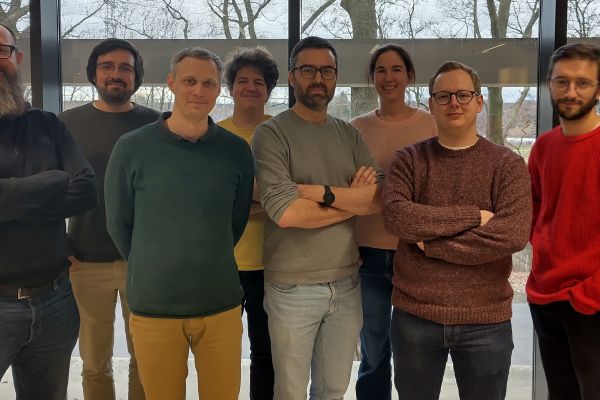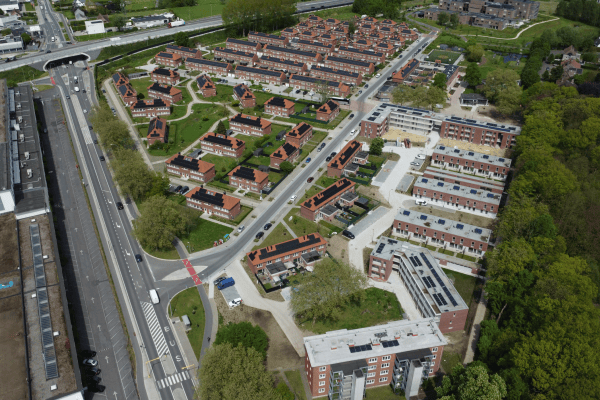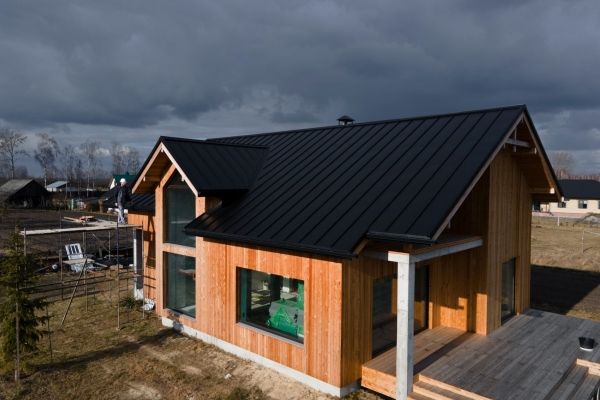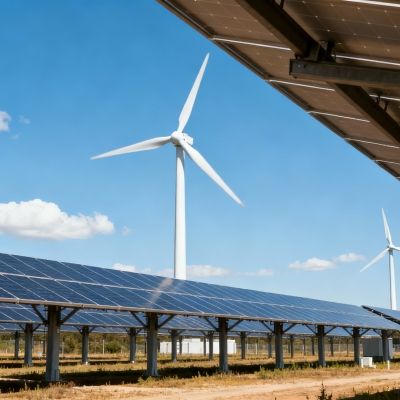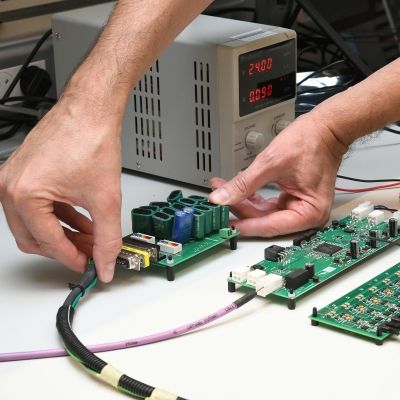
CEEP-IT: Climate-neutral Energy-Economy Pathways with Industrial Transformation
The CEEP-IT project, funded by the Energy Transition Fund, develops climate-neutral energy-economy pathways with a central focus on the role of industrial production in Belgium.
By connecting different modelling approaches (energy system optimisation (VITO/EnergyVille and ICEDD), dynamic macro-economic models (FPB), and static macro-economic models (VITO)), CEEP-IT enables a more integrated analysis of the energy transition's economic implications. The project supports robust energy system planning through better-informed projections of industrial energy demand.
Why CEEP-IT?
Belgium is among the most energy-intensive regions in Europe. Achieving a carbon-neutral economy requires deep transformation of the energy system, particularly in the industrial sector, which accounts for a large share of energy consumption. Previous studies, such as PATHS2050, have provided valuable insights into industrial decarbonisation under stable or moderately growing production levels. However, additional work is needed to explore how more dynamic developments in industrial activity—driven by energy prices, global competition, evolving markets, and policy shifts—interact with the energy system.
CEEP-IT addresses this gap in knowledge by developing climate-neutral energy-economy pathways for a range of industrial transformations. In this context, industrial transformation refers to fundamental changes in production chains, which alter energy service demand in both energy-intensive and service sectors.
These transformations can lead to significantly lower industrial energy demand—for example, when industries relocate to regions with greater potential for abundant (renewable) energy. Conversely, they can result in new or sharply increasing energy demands from sectors such as data centres, recycling, or battery production. These shifts may have substantial effects on the energy system and the broader macroeconomic system, both of which evolve in interaction.
Understanding these impacts and interactions is crucial for robust energy system planning that ensures security of supply and economic viability under a range of future conditions.
This project specifically explores the interaction between industrial developments and the energy system. It moves beyond traditional modelling assumptions of constant industrial activity and introduces more dynamic representations of future industrial demand developments.
Objectives
- Develop and assess climate-neutral energy-economy pathways for varying industrial transformations.
- Advance modelling methodologies by soft-linking energy system optimisation, Computable General Equilibrium, and input-output models.
- Analyse the interplay between the energy transition and macro-economic development in the context of industrial transformation.
- Examine how industrial flexibility influences energy prices and economic performance.
- Study underexplored economic and environmental impacts of the energy transition, including labour, sectoral shifts, and raw material constraints.
- Deliver energy system planning recommendations based on realistic industrial energy demand projections.
- Explore how energy transition policies can support industrial productivity, energy demand reduction, and energy use flexibility.
- Facilitate informed debate among stakeholders on the role of industry in a carbon-neutral Belgium.
Key publications
Towards scenarios of industrial transformation in Belgium
- CEEP-IT deliverable 1.1 - Selecting industrial transformation cases: results from literature and expert panel
This scoping report takes stock of main developments related to industrial transformation in Belgium and provides a scenario framework as a first step towards further model-based analysis.
Download the report - Endogenizing Industrial Demand in Energy System Optimization Models. A Novel: Classification and Case Studies
At the international conference of the International Association for Energy Economics (IAEE) in Paris, Enya Lenaerts (VITO/EnergyVille) presented a paper introducing a novel approach for integrating industrial energy demand dynamics into energy system optimisation models.
The presentation proposed a classification framework for different types of industrial transformation and demonstrated, through case studies, how these can be represented within system models. This work directly supports the CEEP-IT project goal of robust energy system planning through better-informed projections of industrial energy demand.
➡️ Paper Endogenizing Industrial Demand in Energy System Optimization Models. A Novel: Classification and Case Studies download here
🎤 Presenter: enya.lenaerts@vito.be (VITO/EnergyVille)
📍 Event: IAEE Conference Energy Solutions for a Sustainable and Inclusive Future
📅 Date: 16–18 June 2025
📄 Abstract: https://iaee2025paris.org/download/contribution/abstract/599/599_abstract_20250117_093246.pdf
VITO/EnergyVille’s contribution
VITO/EnergyVille coordinates the CEEP-IT project and contributes its in-depth expertise in energy system modelling and macro-economic analysis. VITO plays a central role in the methodological innovation of soft-linking energy system optimisation with macro-economic models and input-output analysis. This builds upon its work in projects like PATHS2050 and supports integrated assessments that combine energy, economic, and material flows. VITO’s tools help create future-proof energy scenarios and deliver actionable insights for both policy and industry.
Project consortium
The CEEP-IT project is led by VITO/EnergyVille and carried out by a multidisciplinary consortium. Together, the partners bridge the domains of energy planning, macro-economics, and materials use to support the transition to a climate-neutral industry.
Want to know more?
For more information on the CEEP-IT project, do not hesitate to contact Pieter Valkering, Researcher at VITO/EnergyVille. He will be happy to help you.









